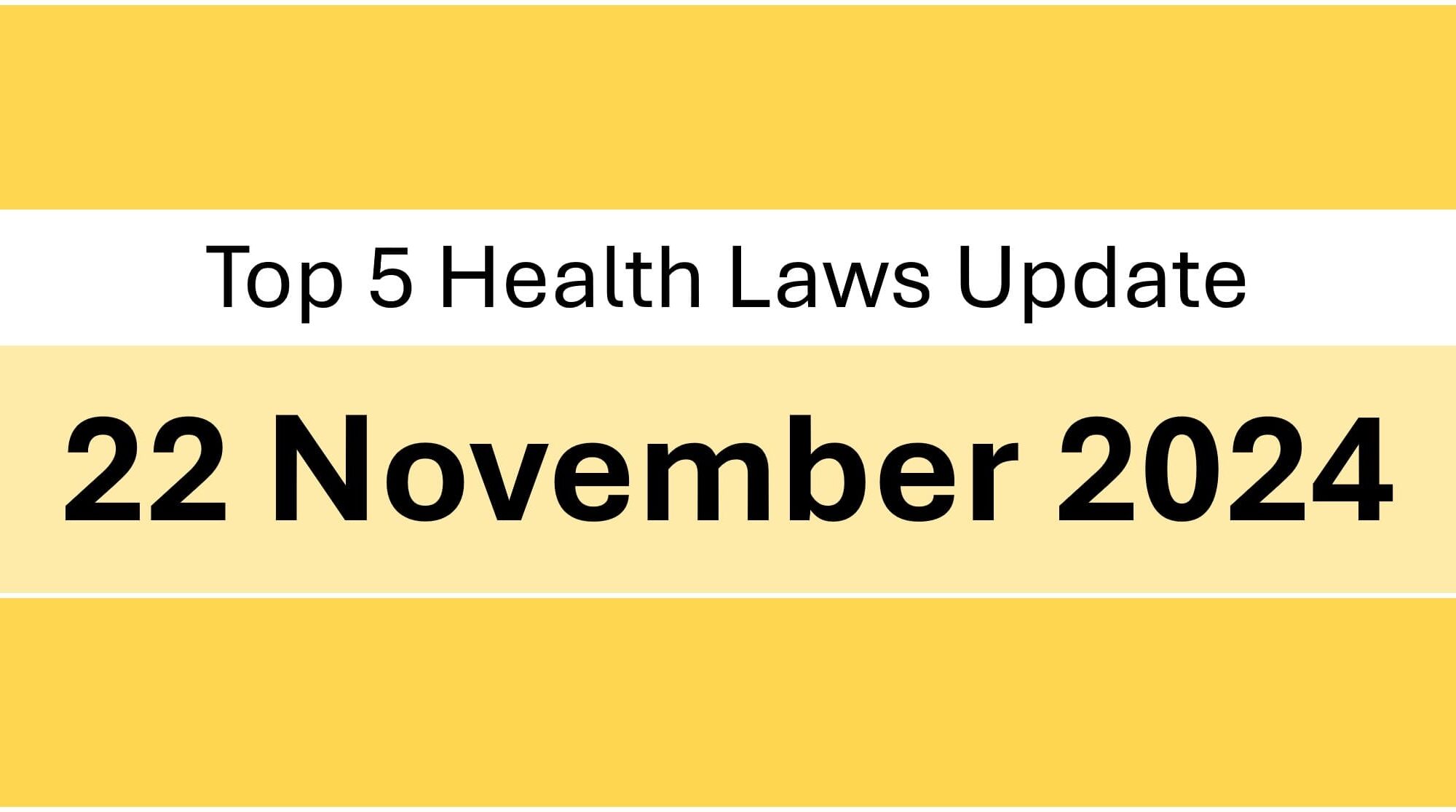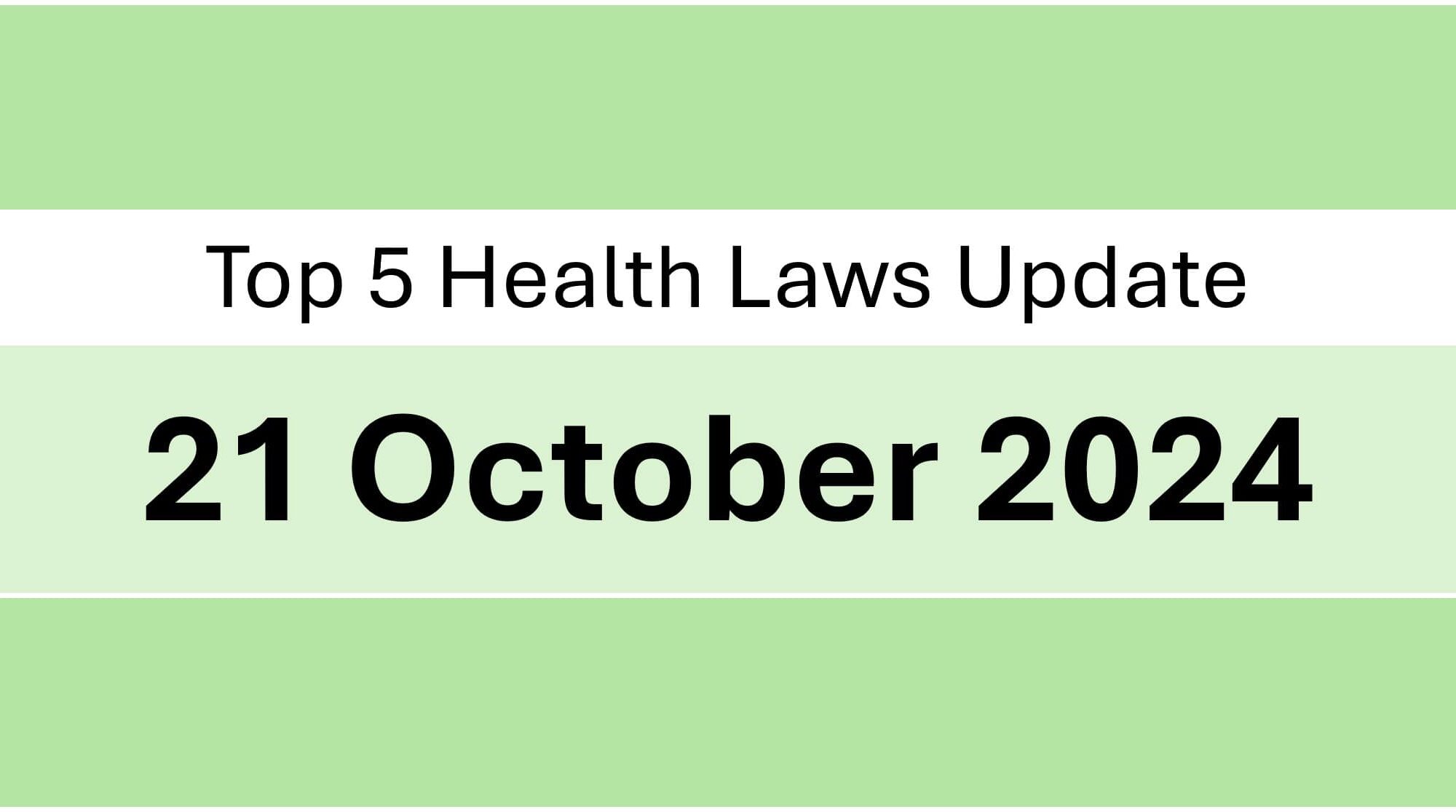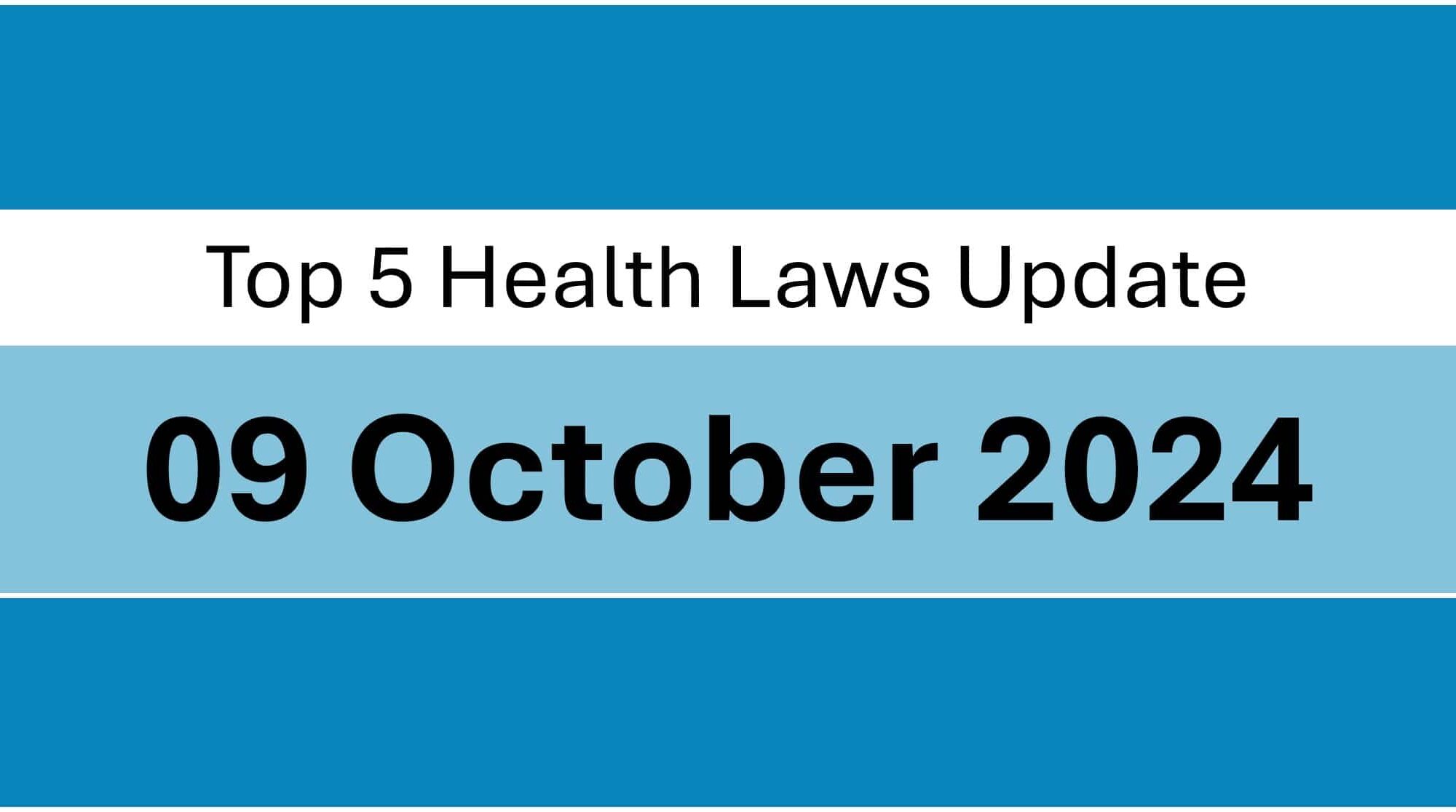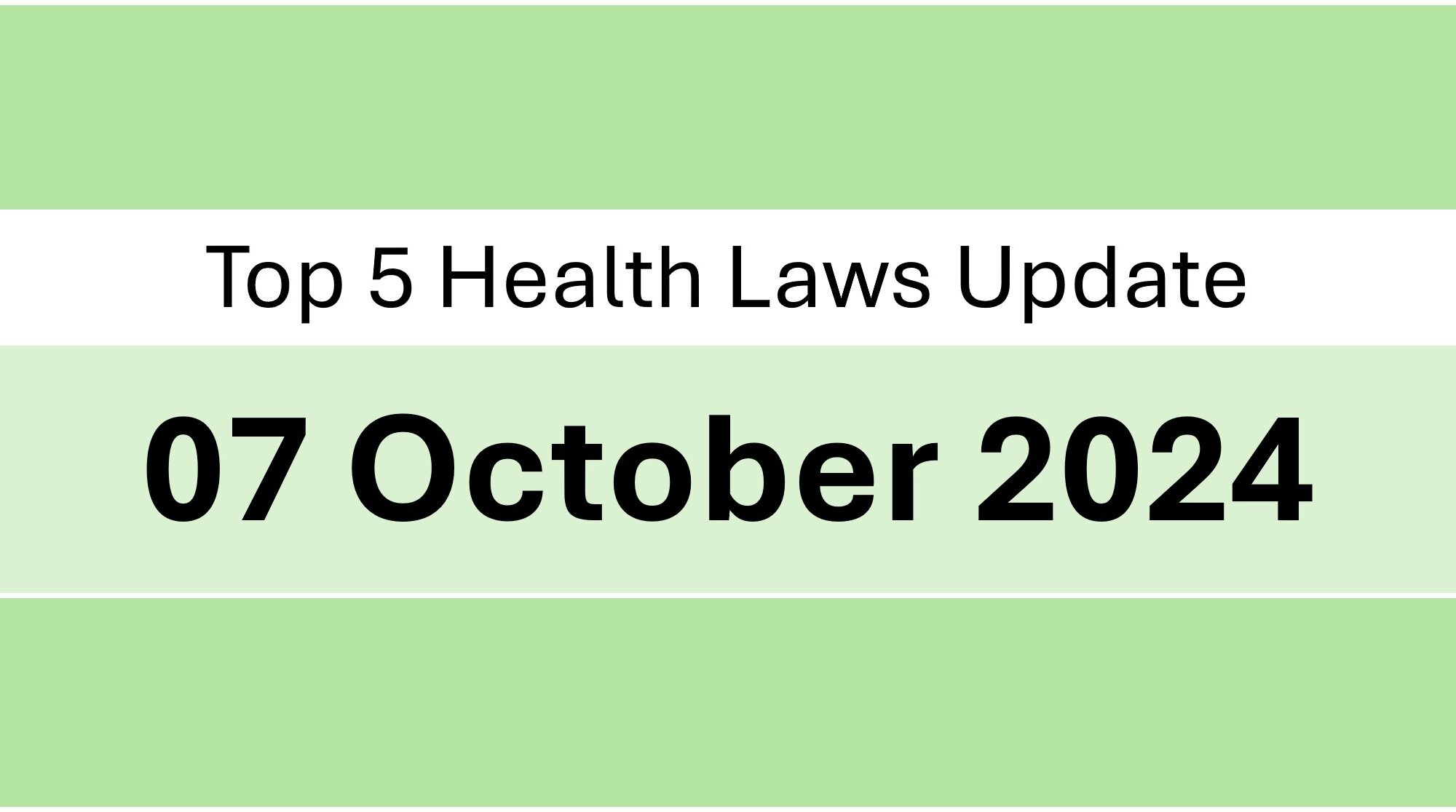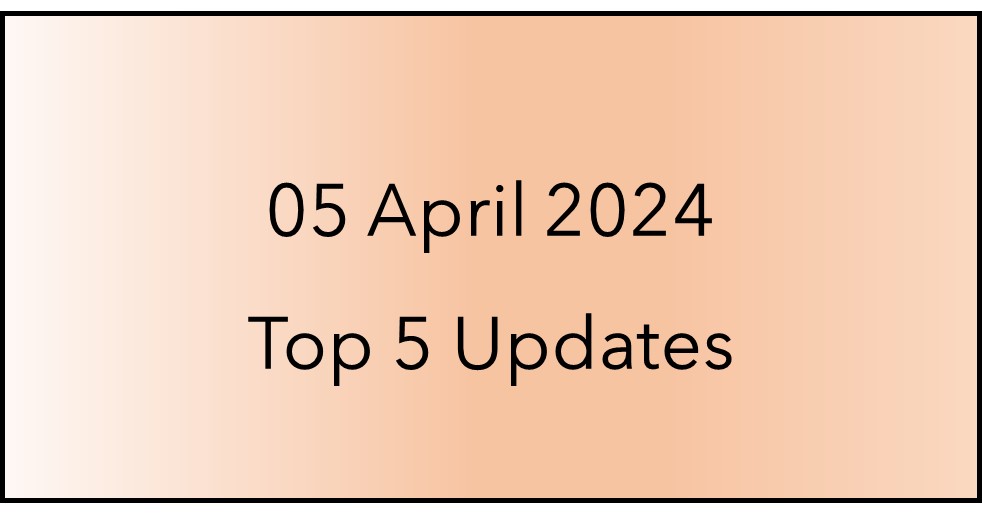Dear Readers, we are happy to share the most interesting legal and policy updates concerning health industry that we read today. we hope you enjoy reading it.
1. India’s Central Pollution Control Board has further extended the timelines for the filing of Quarterly Returns and Annual Returns of E-waste under E-waste Management Rules, 2022 for all registered entities on the online EPR portal till 31st December 2024.
Source: bit.ly/4eMsXZA
2. India’s Ministry of Health and Family Welfare (MoH&FW) is considering a proposal to amend the Medical Device Rules (MDR), 2017, to introduce specific timelines for various regulatory processes. These include conducting inspections, addressing non-conformities identified during inspections, and granting manufacturing licenses for medical devices across four classes (A, B, C, and D). The proposed changes aim to streamline approvals, enhance transparency, and improve regulatory efficiency in medical device manufacturing.
Source: bit.ly/4eH8aGL
3. The Indian Council of Medical Research (ICMR) has invited proposals for clinical studies on innovative medical devices and diagnostics under its Centre for Advanced Research (CAR) scheme. Offering up to ₹15 crore per project over five years, the scheme aims to validate and promote safe, effective, and regulatory-compliant healthcare technologies in India.
Source: bit.ly/4eH70vc
4. India’s Supreme Court has suggested the Central Government to formulate a policy on the construction of exclusive feeding rooms and childcare rooms in public places. Currently, there is no concrete law or policy on the feeding rooms and childcare rooms in public places.
Source: bit.ly/3ZiaQX1
5. The U.S. Food and Drug Administration (FDA) has released a guidance document titled Chemical Analysis for Biocompatibility Assessment of Medical Devices. This document outlines chemical characterization methods that can be used as alternatives to certain biological tests to demonstrate the biocompatibility of medical devices. It aims to enhance the consistency and reliability of analytical chemistry studies conducted as part of the biocompatibility assessment process for these devices.
Source: bit.ly/3OkJtFu

